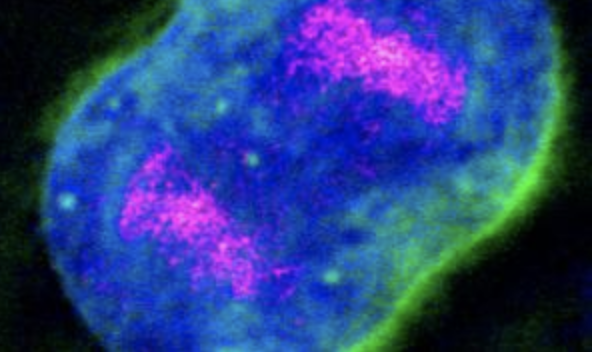
Mapping the Inner Workings of a Living Cell
A team of Columbia researchers show that a widely used chemical tracer, combined with a cutting-edge microscope, can track metabolic changes within the living cells of animals.

A team of Columbia researchers show that a widely used chemical tracer, combined with a cutting-edge microscope, can track metabolic changes within the living cells of animals.
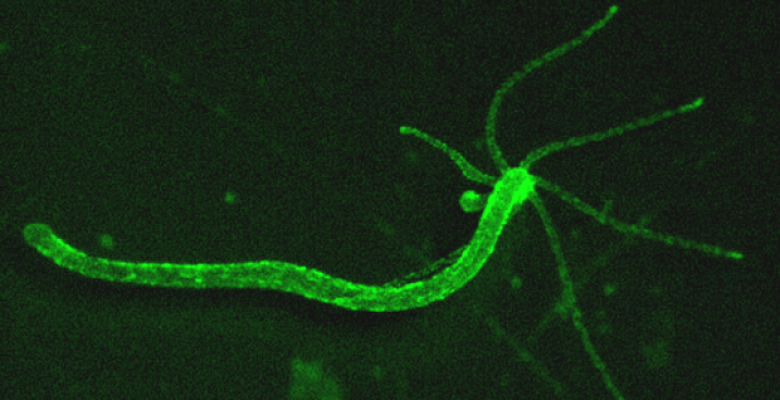
A study led by Rafael Yuste, a neuroscientist, shows how an algorithm for filtering spam can learn to pick out, from hours of video footage, the full behavioral repertoire of tiny, pond-dwelling Hydra.
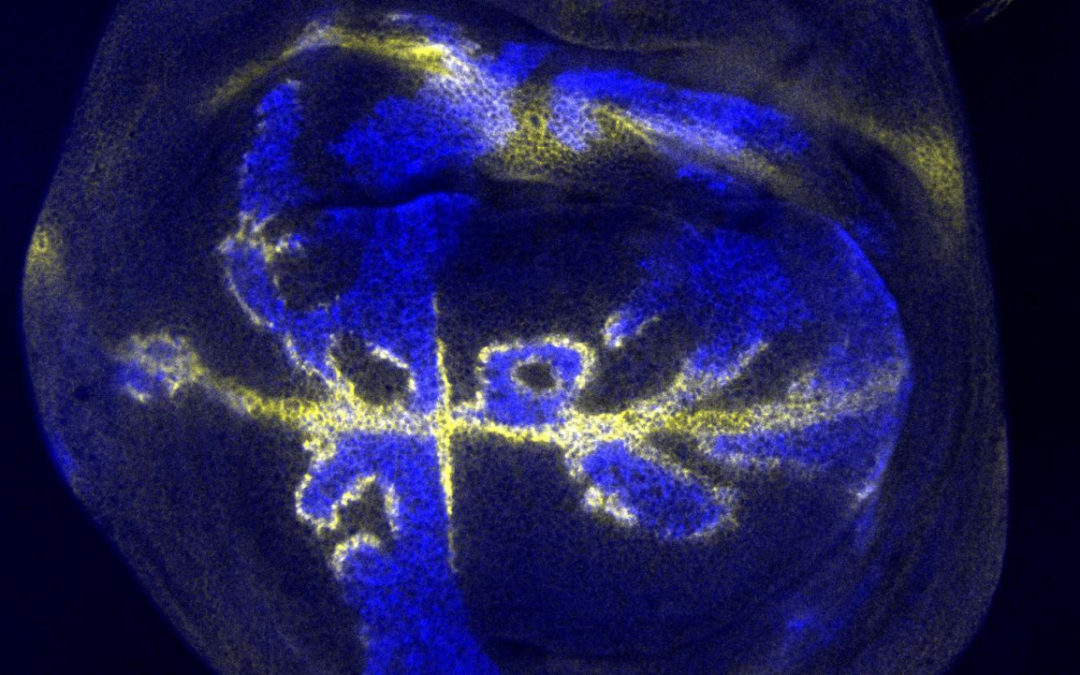
In developing a new tool to trace the proteins that guide cellular development, Columbia University scientists are deciphering one of biology’s most ancient systems.
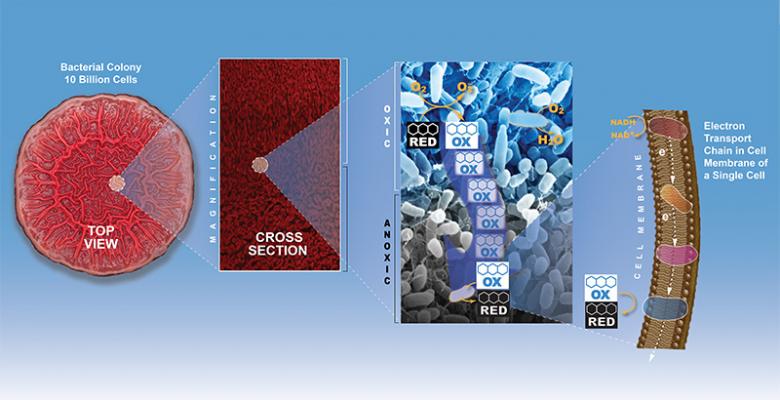
Columbia University biologists have revealed a mechanism by which bacterial cells in crowded, oxygen-deprived environments access oxygen for energy production, ensuring survival of the cell.
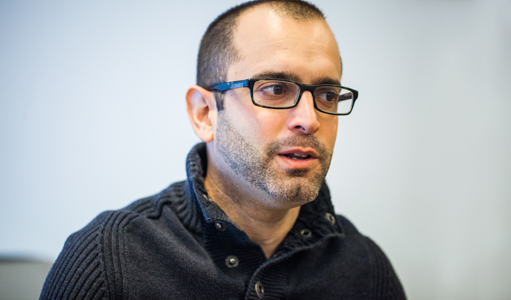
Yaniv Erlich, an assistant professor of Computer Science and Computational Biology at Columbia, will use the DARPA funds to develop advanced DNA storage technologies.